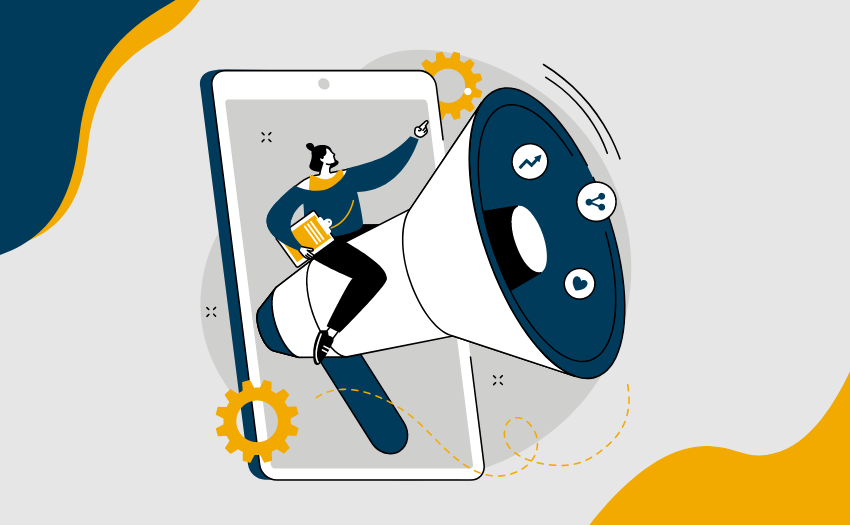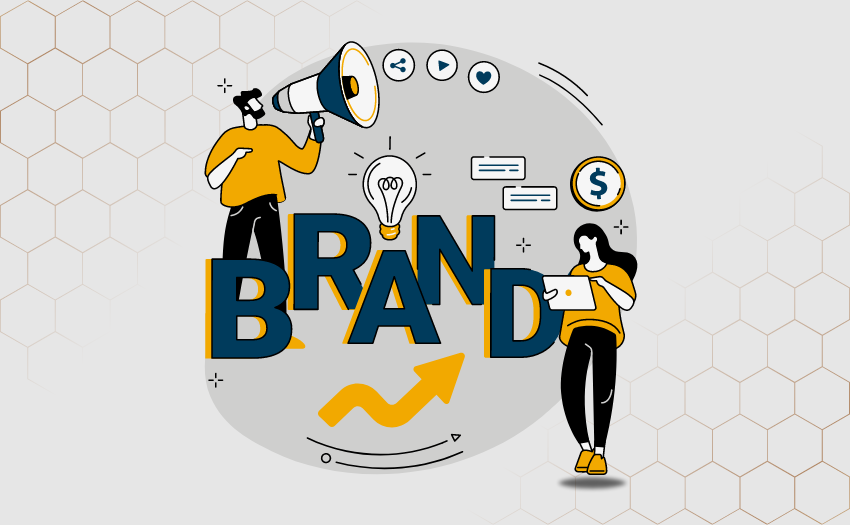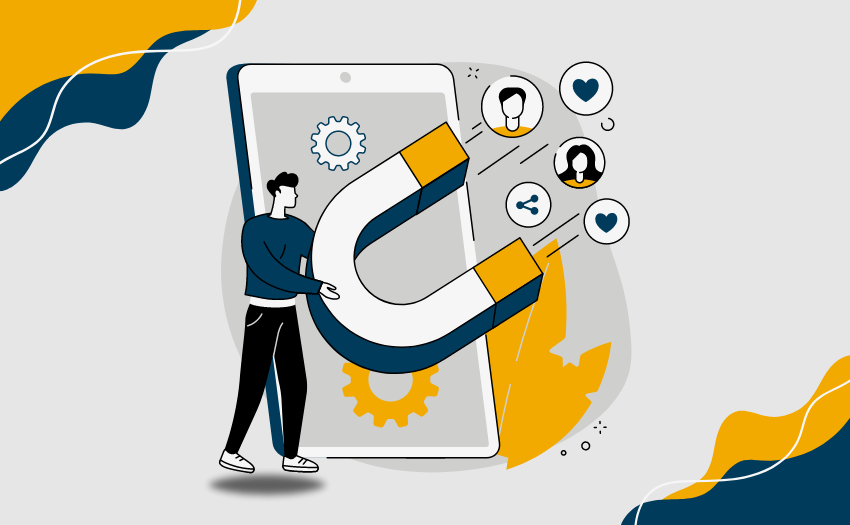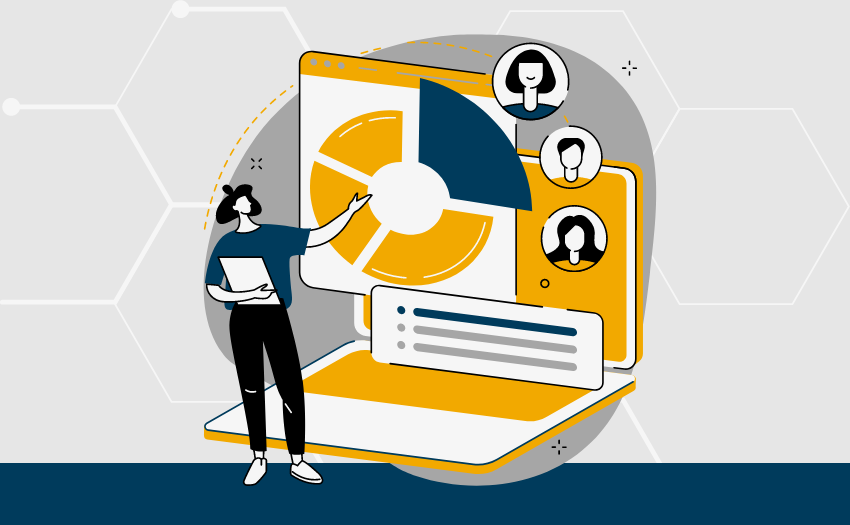Your brand identity encompasses the messaging and visual imagery across your coaching platforms and marketing materials. Start small: choose a color scheme, up to two fonts, and the types of elements you will include in your advertising, like circular elements or squares. Canva is an excellent (and free!) platform for making visually appealing content, and users can save their brand colors for easy access later.
However, brand voice is the most crucial element of personal branding for coaches. Your unique personality, approach, and values should shine through your messaging across all platforms and content. Consider guiding your messaging efforts with a personal branding statement: a 1-3 sentence explanation of who you serve, how you can help them, your experience, and your unique selling proposition.
Here is an example of a personal brand statement from an influencer on LinkedIn named Chris Do: “As the Founder and CEO of The Futur, I have over 27 years of experience in brand design, strategy, and consultancy, working with clients such as Microsoft, Sony, Nike, and Starbucks. I am passionate about helping people realize their value and communicate it to others, whether through design, content, education, or coaching.” He establishes his authority in the industry, the value to the customer, and the unique ways he delivers his services.
Brand identity makes your content easily identifiable on your website, social media posts, or profiles.
3. Embrace Authenticity
Authenticity has become a key component of personal branding. TikTok’s rise in popularity is a testament to this notion, as people share their everyday lives with their followers and gain traction. However, practicing authenticity doesn't mean you need to overshare, especially when building a professional brand; simply showcasing your personality, hobbies, or unique stories can be an asset to your brand story.
Why is authenticity an effective technique for self-marketing? Your unique interests and character traits are vehicles for connection. For example, one of your LinkedIn connections is in the market for a coach, with many qualified professionals to choose from. Still, they reach out to you over your competitors because they discover that you live in the same state and enjoy the same outdoor activities, establishing a healthy foundation for the working relationship.
4. Leverage LinkedIn







